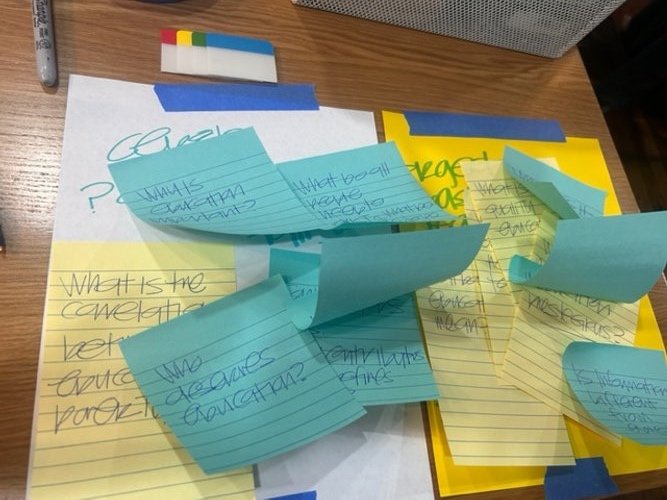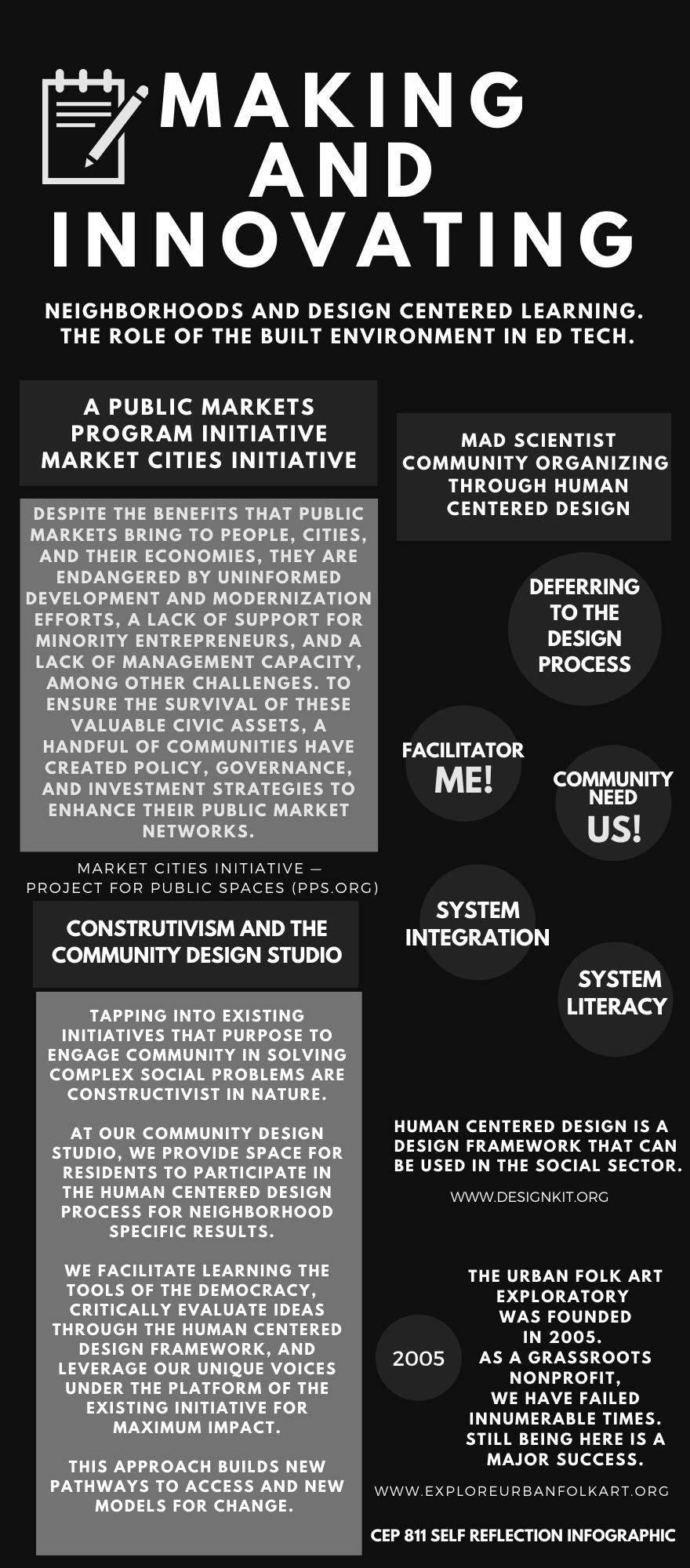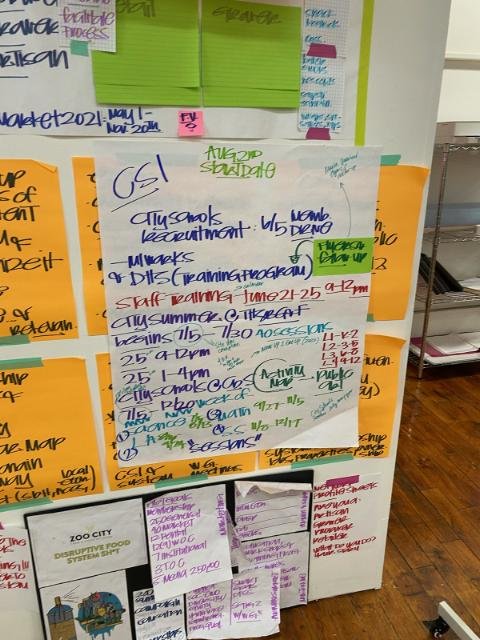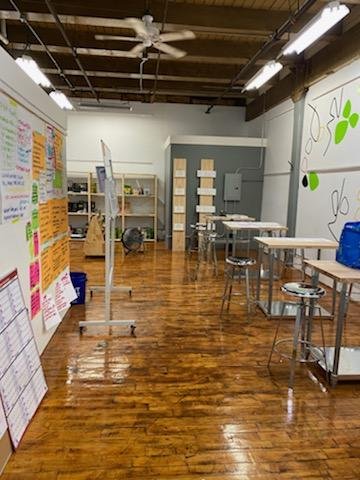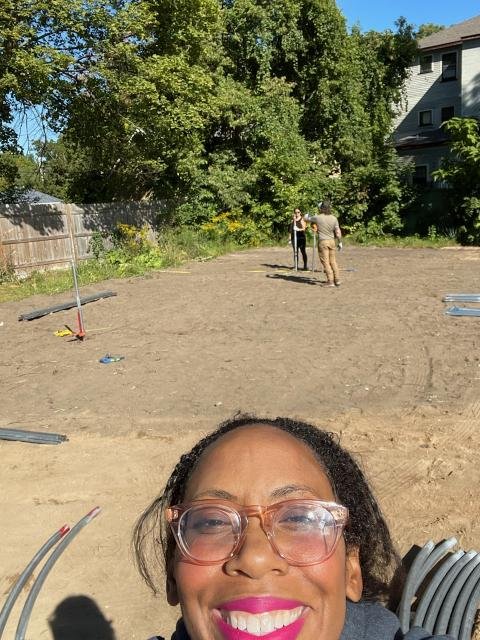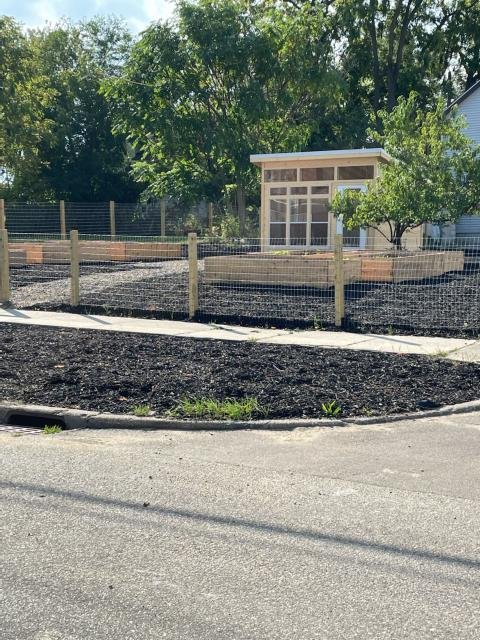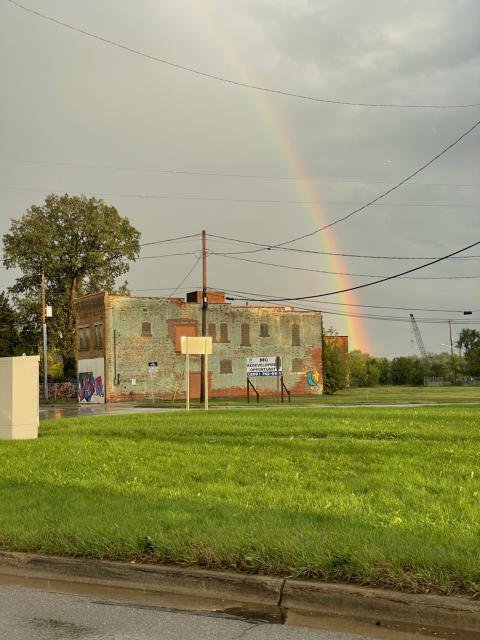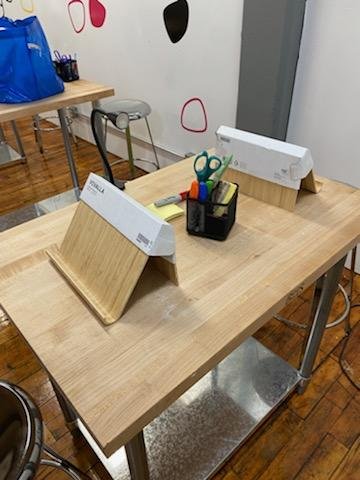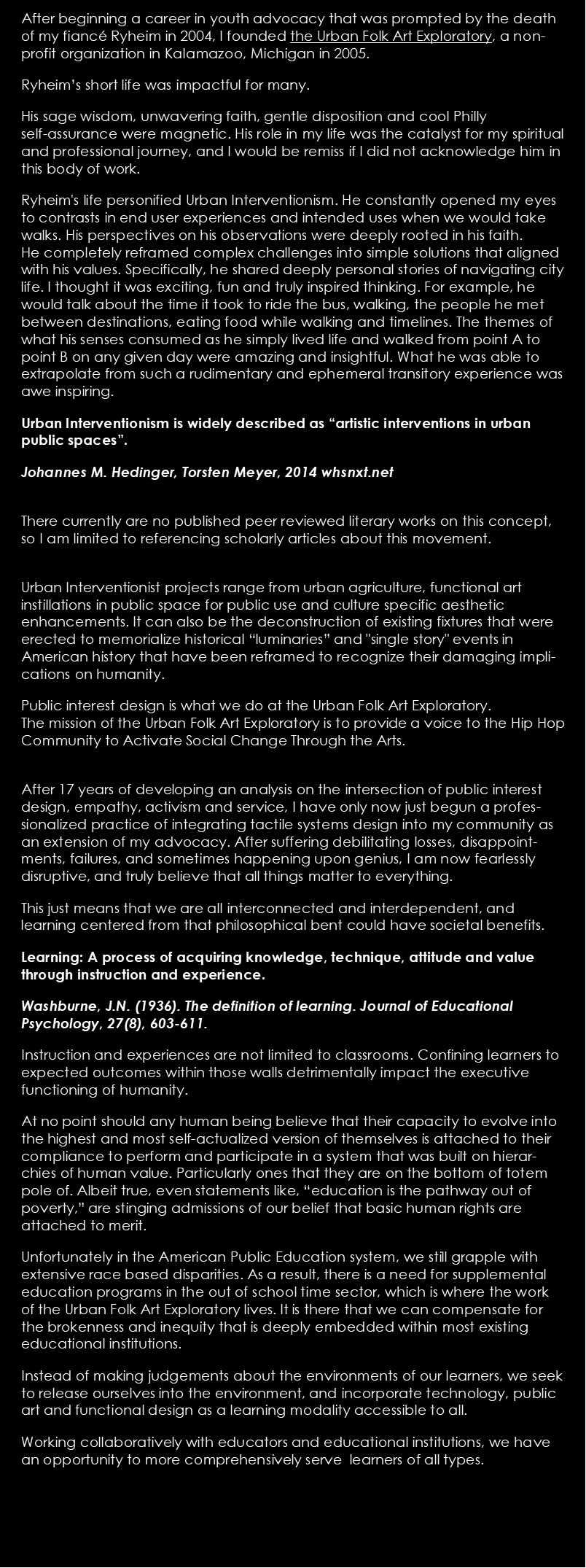INSIGHTS
CEP 812: Applying Educational Technology to Issues of Practice
PERSPECTIVES ON BERGER’S A MORE BEAUTIFUL QUESTION…. CERTAINTY VS. CURIOSITY
After exploring Warren Berger’s A More Beautiful Question, it remains clear that asking questions is the gateway to critical thought and is foundational to activating innovation and change.
It immediately made me think about the innumerable suppression efforts that I have observed and/or have experienced to discourage myself and others from asking questions.
It made me think about how we are pushed to take on positions of certainty in order to gain credibility in most roles in our default construct, but when we are challenged or disproved, we are immediately devalued.
It’s so weird.
Berger outlines that environments that encourage inquiry are rare. Asking questions is even perceived to be disrespectful and insubordinate in some instances, including educational settings, where “askers” are seen as challenging authority and teachers have to “give up control” in order to allow for more questioning. Berger goes on to note that even though the most successful and innovative businesses are run by leaders that are “Master Questioners,”and that asking questions are “Key Success Factors,” we still discourage question asking.
It’s giving…dictatorial and compliance driven society…i.e. Zombie Apocolyse.
The reason why I wanted to study Educational Technology is because I wanted to contribute to advancing systems of order that open up the doors of information sharing for all people so that our collective consciousness was simultaneously elevated and rooted in high vibrational frequencies that support us all being our unique and collective optimal best. As a Virgo in the Black female form, I knew that the interrogation of failed systems coupled with information sharing was apart of this framework. Berger’s A Beautiful Question affirms this truth with data supported insights and examples of how asking questions support our humanistic advancement.
In my Master’s program, I was tasked to participate in an activity called “Question Quickfire.” I was asked to set a timer for five minutes, and then write questions about a probing issue surrounding my body of work. This probing issue is a problem and it is called a “Wicked Question.”
This program is delicious in so many ways. First of all it’s iterative and we all start off as experiential experts, meaning, we simply have to maintain our scholarly work amongst a collective of our peers through feedback.
It’s amazing. It’s the environment and system that Berger is referring to in his book.
My current “Wicked Question” is, “How can Community Integrated Education Disrupt the Cradle to the Prison Nexus?” This might change, and in my program, that’s ok.
The questions that I asked myself ranged from- “Why is education important?” to “How do we place value on free information?” and so many things in between.
My hope is that I will develop an analysis that will support the integration of my body of work into a broader system that has the same harmonious goal. I believe in my community specific work, and the role of educational institutions in proliferating the normalcy of practitioners like myself in and through a community that establishes and submits all of our work into a globalized standard operating procedure that has the expanded vocabulary to compensate for the needs of all people. This system will work, because all people were included in developing the framework. This is what my thoughts are, and I believe this is the divinely inspired work of God, and it’s amazing.
If we just keep submitting and asking questions, we can change the world.
Berger, W. (2014). A More Beautiful Question: The Power of Inquiry to Spark Breakthrough Ideas. New York, NY: Bloomsbury.
Appropriation and Attribution
McCombs School of Business
Attribution Defined Edit-
Screen Cast
Food Industry Ecosystem-

